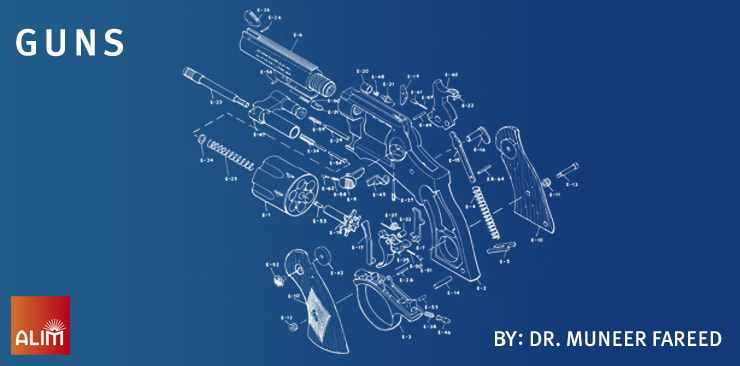|
Our collective ambivalence towards “the right to bear arms” is aptly summed up in the following tweet that went viral after the shooting at Sandy Hook elementary school: “One guy tries to use [a] shoe bomb and everyone at the airport now has to take shoes off. 31 school shootings since Columbine, but no change.” Over the years, legislators on both sides of the political spectrum have avoided serious reforms as the NRA has grown into one of the most influential lobbies in Washington, DC. In political campaigns, candidates generally shy away from substantive discussion around gun control, opting instead to debate our romanticized “right to bear arms.” The fact is, however, that we have outgrown the 2nd Amendment. The 2nd Amendment, Jeffrey Sachs writes, “is about an archaic issue relevant to 1790, not to 2012.” At that time, it was thought maintaining state militias were necessary to prevent federal government overreach. Moreover, circumstances as they were, warranted a need for weapons that “have some reasonable relationship to the preservation or efficiency of a well-regulated militia.” It is surprising that we, as a nation built on the separation of religion and state, often treat our founding documents like the immutable word of God, and consider our primary responsibility not only to the preservation of its spirit but also its literal application. In this regard, we, as constitutionalists, are no different than religionists are as preservationists of an ideology. And like religionists struggling to reconcile ideals to realities we too resort to literary devices and rhetorical flourishes to iron out kinks in the Constitution. Some use what scholars of literature call authorial intent and ask: “What exactly did James Madison have in mind some 200 years ago when he drafted the Bill of Rights?” Others who are sometimes described as judicial activists — or the anti-objectivist heirs to John Marshall — seek relief from the rigors of the text itself by either overturning judicial precedent or overruling set constitutional interpretations. That a total ban on all weapons, not just assault rifles, remains off the table is symptomatic not just of our violent history, but more so of the fetish we have with parts of our founding document. Not all countries with a history as violent as ours protect their republican ideals by arming their civilian population as the 2nd Amendment does. For instance, in a recent Atlantic article, Max Fisher described Japan as a land without guns where even the dreaded Yakuza, the Japanese mafia, tend to ply their criminal activities through other means. As a result of Japan’s strict regulations, gun related deaths have been virtually eliminated. We, on the other hand, have a murder rate that is twenty times higher than the entire developed world combined. In 2008 alone, Fisher tells us, we had twelve thousand gun related deaths compared to Japan’s eleven! In terms of outcome, therefore, the literalist interpretation of the 2nd Amendment is clearly pointing us in the wrong direction.
Nothing quite imperils the global community as our propensity for violence. To prevent further senseless killings we must begin campaigning — not politically, but socially — in the same way we systematically changed public opinion on other social blights such as smoking. Email your comments and questions to [email protected]. If you enjoy the content that ALIM regularly produces, please support by donating monthly here.
0 Comments
Leave a Reply. |
|
stay connected
@alimprogram
PO Box 871785 Canton, MI 48187
(734) 956-0698
(734) 956-0698
2024 © American Learning Institute for Muslims. All rights reserved.
ALIM is a 501(c)(3) organization. All donations are zakat-eligible and tax deductible. Our EIN is 38-3633579.
Zelle: [email protected]
Terms of Service | Privacy Guidelines | Sign Up for ALIM Emails I Get ALIM Text Alerts
ALIM is a 501(c)(3) organization. All donations are zakat-eligible and tax deductible. Our EIN is 38-3633579.
Zelle: [email protected]
Terms of Service | Privacy Guidelines | Sign Up for ALIM Emails I Get ALIM Text Alerts


 RSS Feed
RSS Feed